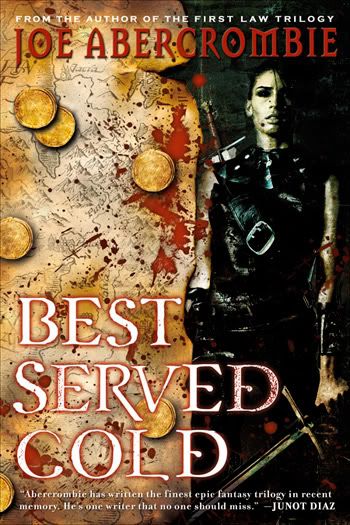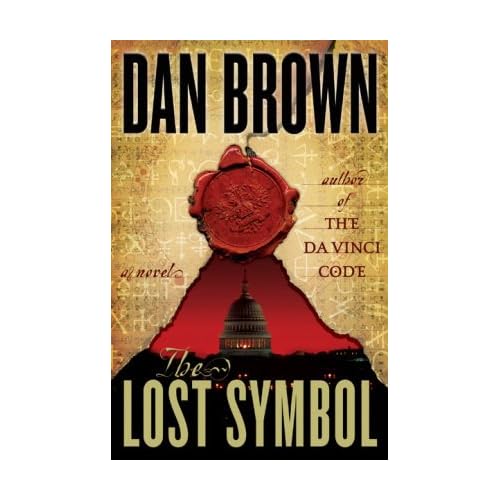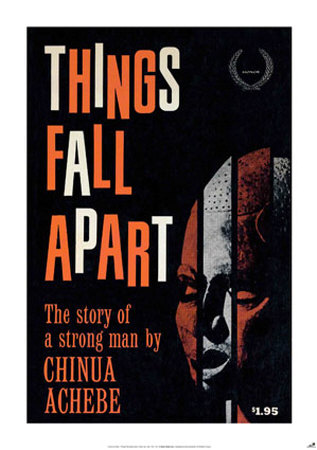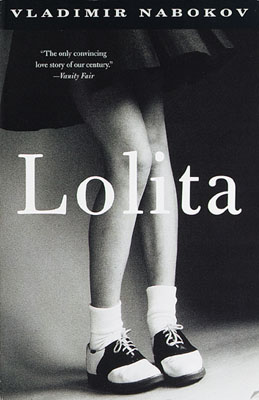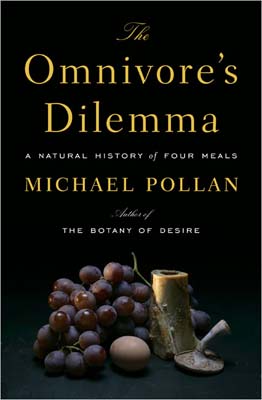Lolita by Vladimir Nabokov
The Review:
There is not much new to say about
Lolita. Every critical word that could have possibly been spoken about the book has already been mentioned countless times over by other and far more skilled critics than me. So, I will tread on some well-trodden territory, while trying to focus on my own personal experience with the book. If I can remove hyperbole, I will say that the book is certainly memorable for all of its pedophilia and dazzling word play, and it becomes more of an object of curiosity the more one analyzes it.
For the unfamiliar,
Lolita tracks the relationship of an aging narrator who calls himself Humbert Humbert, and his perverse obsession with "nymphets," or pre-pubescent girls of a particularly sensual type. The main relationship is between Humbert and Dolores Haze. Lolita. The first part of the book in particular is full of Humbert's own sensual depictions of his violations, and descriptions of the object of his desire. There is certainly perversity involved here, but the way Nabokov presents the topic is nothing short of hypnotic. Humbert is a highly literate European who has come to the trivialistic United States, and his eccentric habits and civilized mind are on full display in
Lolita.
I have to admit, I had a very difficult time separating the subject matter from the prose at first. I simply did not "get" the purpose of the book, if a book can have one set purpose. Nabokov's afterword seems to indicate that he hates critical boxes and allegorical interpretations of his works, and that the focus should be more on the process and writing itself. If I were only to judge the book on the beauty, wit, and elegance of its words, it certainly would be one the most perfect books I had ever read. Nabokov's mind and his knowledge of literature and English wit are almost awe-inspiring in the amount of clever and playful thoughts, ideas, and sentences he dishes out here. It is very difficult not to laugh or crack a smile when Humbert dotes upon thoughts of marrying then murdering a woman who is trying to get Lolita involved in more school activities, which would in turn take her away from Humbert's attention. The man is a monster, but one who flits and gambols about in a way that is difficult not to give an "aw, shucks" to.
Humbert is an engaging and evocative narrator. Despite his horriffic failings as a human being, his obsessive personality and gift for elongated description make him hard to ignore. To illustrate this point, here he is talking about Lolita playing tennis:
"My Lolita had a way of raising her bent left knee at the ample and springy start of the service cycle when there would develop and hang in the sun for a second a vital web of balance between toed foot, pristine armpit, burnished arm and far back-flung racket, as she smiled up with gleaming teeth at the small globe suspended so high in the zenith of the powerful and graceful cosmos she had created for the express purpose of falling upon it with a clean resounding crack of her golden whip."
As a lover of books, it is impossible to do anything but admire such in-depth and alluring prose. Simply put, they cast a spell, and the fact that there is also so much tongue-in-cheek in the book makes it a strange combination of satirical comedy and disgusting horror.
In regards to Humbert himself, Nabokov paints him as an unreliable narrator. It is up to the reader to pull his or her mind out of Humbert's and assess what is really happening outside of the flowery narrative style. Humbert constantly refers to his readers as "ladies and gentlemen of the jury," imploring us to sympathize with him and to understand where he is coming from. His goal is to enchant and generate pity. However, by the end of the book only the most gullible or perverse personality would feel anything but disapproval of Humbert and his actions throughout the story.
In the end, I do not want to say "this is a book about one thing or another." Nabokov hates allegorical interpretations, so any allusions to a civilized Europe meeting an immature America are purely speculative. However, as authors are often the worst judges of their own works, I do not believe any extraneous critique of this book can truly be discounted. Yes, it is an incredibly controversial work, but the fact that it has had such an arresting effect on readers and popular culture in general shows the quality of its artistry. Personally, this is a very rich book with plenty to dissect and analyze. Even if one is not prone to critical analysis, he or she can always just enjoy Nabokov's mesmerizing writing style, or cringe through the pedophilia and wonder how a man can actually feel this way for a twelve year old pre-pubescent girl. Or you can even mix the two and delight in Humbert's sick-but-magnetic personality. Afterall, we are all drawn to the strange and twisted, especially when it is wrapped in such pretty packaging.
The Verdict:
There are so many opposing adjectives to describe the content and style of this book. It is this tension between admiration for the form and disgust for the action that is the crux of
Lolita. There is a danger in doting too much on one side or the other, but if one can find a balance, he or she should feel nothing short of appreciation for such a complex, trance-like and entertaining work.
4.5/5
Next Up:
The Remains of the Day by Kazuo Ishiguro.
More at my blog:
http://backlogbooksblog.blogspot.com/







